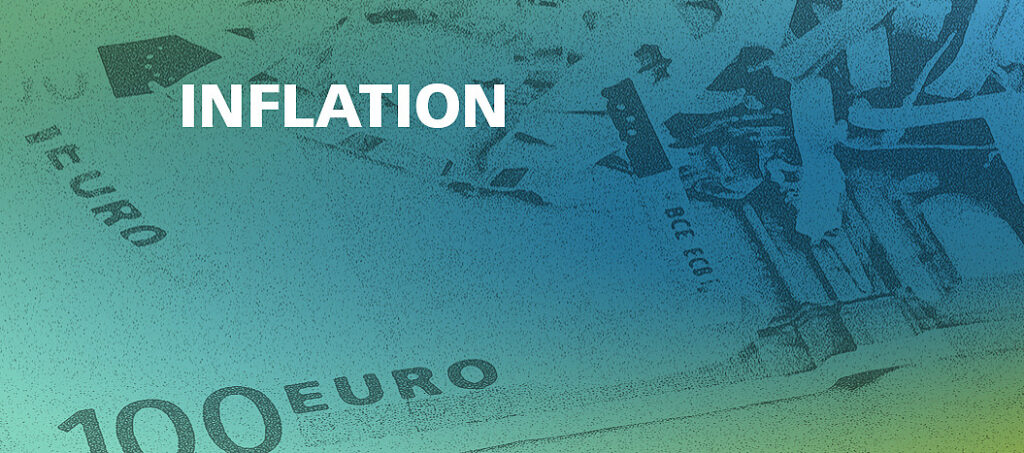INFLATION AND THE ROLE OF FISCAL POLICY
Introduction
Inflation is an important economic phenomenon that affects the purchasing power of individuals and the overall stability of an economy. While there are various factors that contribute to inflation, fiscal policy plays a crucial role in managing and controlling inflationary pressures. This article will discuss the relationship between inflation and fiscal policy, examining how fiscal policy can be used to address inflationary concerns.
Understanding Inflation
Inflation refers to the sustained increase in the general price level of goods and services over a period of time. It erodes the purchasing power of money, as individuals need to spend more to purchase the same quantity of goods and services. Inflation is generally measured using price indices such as the Consumer Price Index (CPI) or the Producer Price Index (PPI).
Causes of Inflation
Inflation can be caused by various factors, including demand-pull inflation and cost-push inflation. Demand-pull inflation occurs when aggregate demand exceeds the available supply of goods and services, leading to an increase in prices. It often occurs during periods of strong economic growth and increased consumer spending. Cost-push inflation, on the other hand, results from increases in production costs, such as wages, raw materials, or energy prices. This type of inflation typically leads to a decrease in the supply of goods and services, causing prices to rise.
The Role of Fiscal Policy
Fiscal policy refers to the use of government spending and taxation to influence the overall economy. It can be expansionary or contractionary, depending on the economic conditions and policy objectives. In the context of inflation, fiscal policy can play a significant role in managing inflationary pressures. Here are two main ways fiscal policy can impact inflation:
- Government Spending: The level and composition of government spending can influence aggregate demand and, consequently, inflation. During periods of high inflation, policymakers can reduce government spending to decrease aggregate demand and curb inflationary pressures. This contractionary fiscal policy can be achieved by reducing public expenditures or implementing austerity measures. Conversely, during periods of low inflation or deflation, policymakers can increase government spending to stimulate aggregate demand and prevent a further decline in prices.
- Taxation: Taxation policies can also affect inflation. Changes in tax rates, particularly on income and consumption, can impact individuals’ disposable income and consumption patterns. If taxes are increased, individuals have less disposable income to spend, reducing aggregate demand and potentially dampening inflation. On the other hand, tax cuts can stimulate consumer spending and increase aggregate demand, potentially leading to higher inflationary pressures.
Effectiveness and Challenges
While fiscal policy can be used to address inflation, its effectiveness depends on various factors. First, timing is crucial. Implementing contractionary fiscal policies during a severe recession may exacerbate economic downturns, while implementing expansionary policies during periods of strong economic growth may lead to overheating and higher inflation. Second, coordination with monetary policy is essential. Fiscal and monetary policies should be aligned to avoid conflicting objectives or unintended consequences. Lastly, fiscal policy measures should be carefully designed to target the underlying causes of inflation. Simply reducing government spending or increasing taxes may not be sufficient if inflationary pressures are primarily driven by supply-side factors, such as rising production costs.
Conclusion
Inflation is a complex economic phenomenon that requires a comprehensive approach to manage effectively. Fiscal policy plays a crucial role in addressing inflationary pressures by managing aggregate demand through government spending and taxation. By implementing appropriate fiscal measures, policymakers can mitigate the negative impacts of inflation, maintaining price stability and promoting sustainable economic growth. However, careful consideration of economic conditions, coordination with monetary policy, and a targeted approach are necessary for fiscal policy to be effective in combating inflation.


